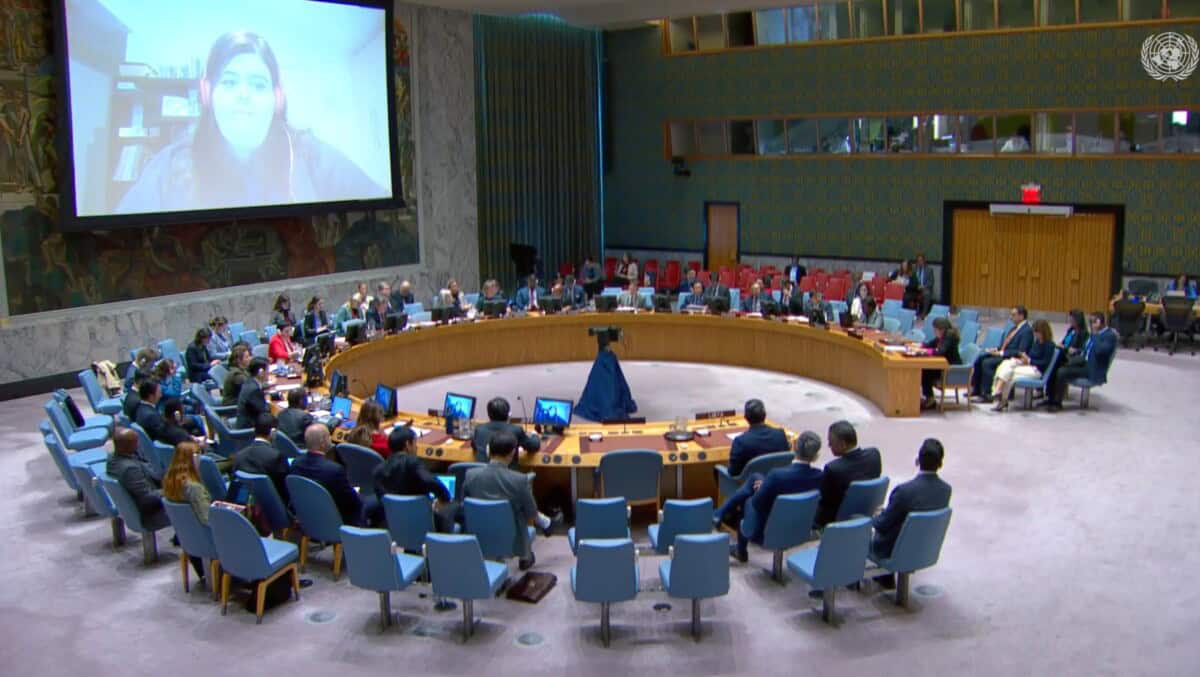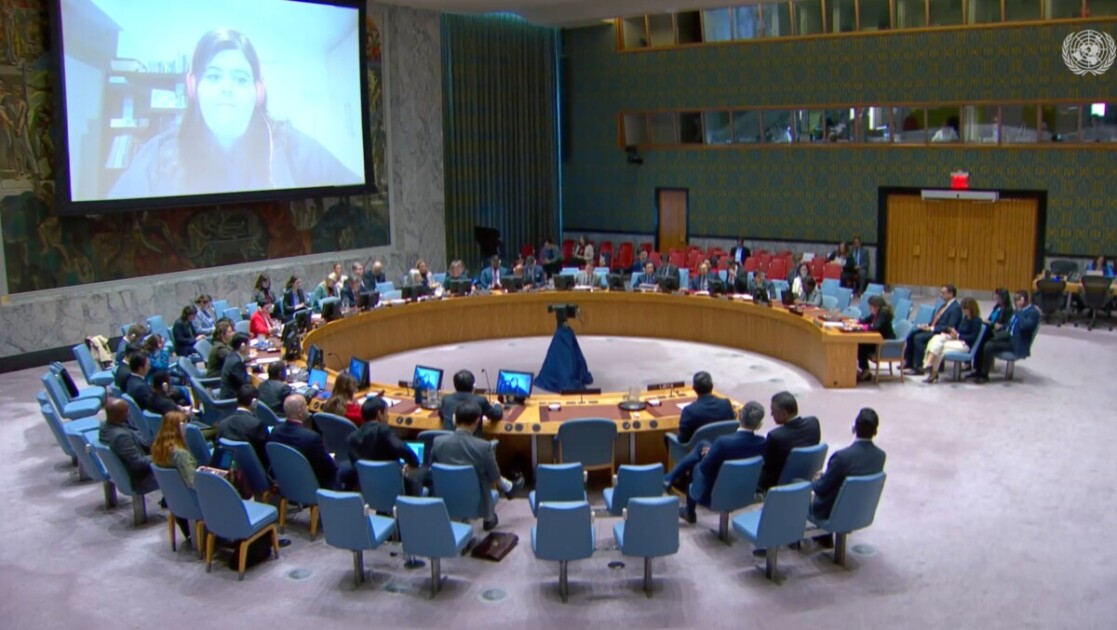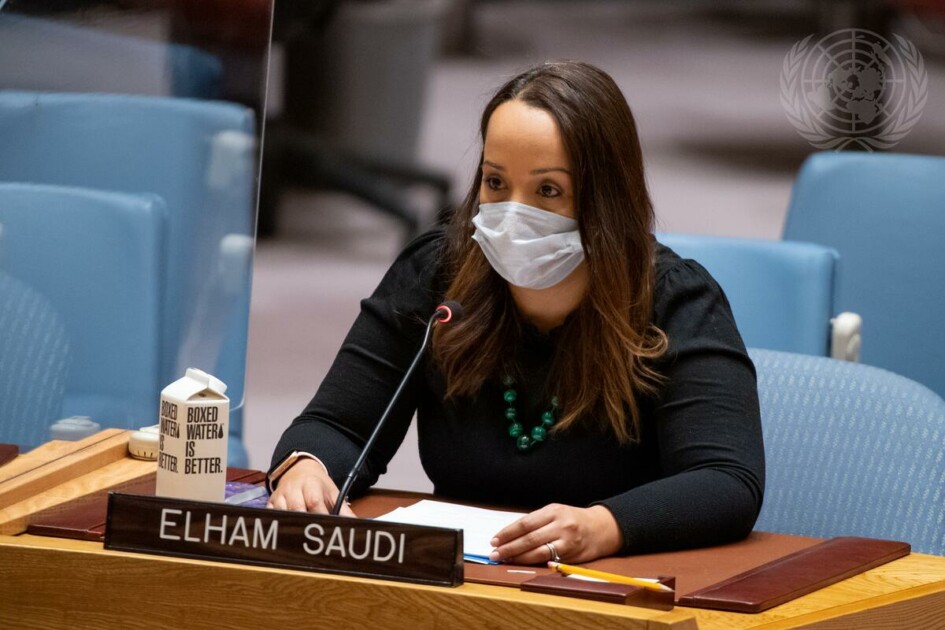Libya
Libya
Years after the deposition of dictator Moammar Gadhafi as part of the Arab Spring, Libya remains in a deteriorating security situation that is especially volatile for women. Sexual and gender-based violence during the war, including mass rape, has yet to be investigated, and women’s rights have continued to decline as different Islamic groups strive to curtail freedoms throughout the country. Violence against women remains common, but reporting remains low; like political and civic participation, reporting and activism by women remains deterred due to threats of violence or death.
Since 2011, Libya has passed new laws which discriminate against women, including the legalization of polygamy and quota reductions for women’s representation in Parliament. Although a party to the Convention on the Elimination of All Forms of Discrimination against Women (CEDAW), Libya does not have a National Action Plan per resolution 1325 (2000).
Due to the high rates of discrimination, exclusion and violence faced by women in Libya, the NGOWG advocates for the Security Council to continue supporting the United Nations Support Mission in Libya (UNSMIL) to include women as full and equal partners in supporting the transition of power to the Government of National Accord, which has struggled to establish legitimacy and control. Without the inclusion of women, the new government will face greater challenges to creating sustainable peace in Libya and continue exposing Libyan women to extreme risk of violence.
Current and Past Recommendations to the UN Security Council (Monthly Action Points)
Despite calls for a ceasefire in response to the COVID-19 pandemic, violence and attacks against civilians continue to increase, displacing thousands and increasing the risk of COVID-19 spreading (ICRC, Amnesty, ACLED, IOM). In line with Resolution 2532 (2020), in its discussions on the situation the Council must reiterate its demand for an immediate and unconditional ceasefire and condemn actions inconsistent with the arms embargo (S/RES/2510 (2020), S/2020/63) to ensure all civilians and civilian objects are protected per international humanitarian law and hold accountable all parties that utilize violence and carry out human rights abuses, including forced disappearances, and targeting of detainees in official and unofficial places of detention (HRW). Further, Council members should call for women human rights defenders, peacebuilders and political leaders to be able to carry out their work without restriction or fear of retaliation, and inquire about the extent to which the UN’s response to COVID-19 is gender-responsive (Cordaid, Amnesty Intl.). In its renewal of the mandate for the UN Support Mission in Libya (UNSMIL), all current WPS-related provisions should be maintained (S/RES/2486 (2019), OP 5). The Council should add additional provisions that require UNSMIL to prioritize all activities related to the protection and promotion of women’s rights and support for active participation in political processes as fundamental to ensuring long-term sustainable peace. The Council should further call on UNSMIL to investigate and document all ongoing violations and possible war crimes committed in Libya, including extrajudicial killings, torture, rape and targeting of civilians and civilian objects, including in detention centers. The Council should request UNSMIL to report on detention centers without female guards, where women and girl migrants and refugees are detained and subject to GBV. There must be systematic consultation with women and women’s organizations from diverse perspectives, including youth and Indigenous groups, across UNSMIL’s entire work. Public space for women to voice their opinions and take an active role in political and peacebuilding processes is rapidly shrinking amid reports of threats, intimidation and violence; Council members should inquire as to the whereabouts of Siham Sergiwa, politician and woman human rights defender, who was abducted one year ago (Amnesty Intl.). The Council should call on UNSMIL to work with Libyan authorities to ensure the protection and support of women, including human rights defenders, to participate actively in public space without the fear of reprisal. The Council should ensure that an effective and coordinated gender-sensitive strategic approach for security sector reform, quality services for survivors of sexual and gender-based violence and disarmament is a priority.
Relevant Resources






